Accelerating Particle Physics Discovery with Artificial Intelligence
The demands for computing in the Large Hadron Collider (LHC) physics are already intensive and are expected to increase tremendously in the coming years. Combined with deep learning algorithms, parallelized processing architectures, in particular, Graphics Processing Unit (GPU) and Field Programmable Gate Arrays (FPGAs) have been shown to give large speedups in computing when compared with conventional CPUs. In this talk, I'll demonstrate that the acceleration of artificial intelligence (AI) inference as a web service represents a heterogeneous computing solution for particle physics experiments. I'll present a comprehensive exploration of several realistic examples with upto a factor of 175 improvement in model inference latency over traditional CPU inference. This opens a new strategy for the seamless integration of coprocessors so that the LHC can maintain, if not exceed, its current performance throughout its running. Finally, I'll discuss how AI-as-a-Service can bring together disparate communities that are threaded by common data-intensive grand challenges to accelerate discovery in Science and Engineering.
[List of Attendees Registered for the Lunchboxes]
[Lunchbox Registration]
If you will attend the seminar and would like to have a lunchbox on that day, please fill out the online registration form below by 10:00AM Mar. 3rd (Wednesday morning). Late registration will not be accepted.
*Note:
1. The lunchboxes will only be prepared for the participation of professors and postdoctoral researchers.
2. In order to prevent the potential spread of COVID-19, we suggest that you bring your own face mask and wear it while attending the seminar.
3. You may check this web page again later after you have completed the online registration. The data for the list of registered attendees will be updated every 5 minutes and shown at the page.


